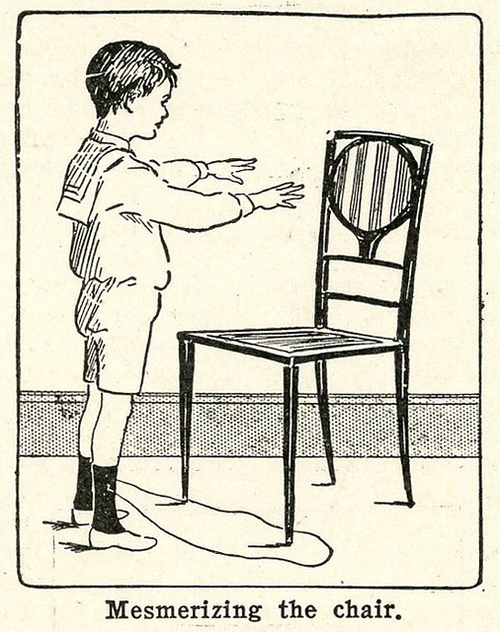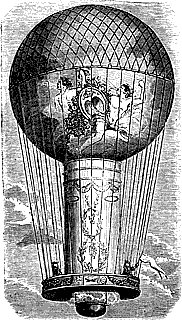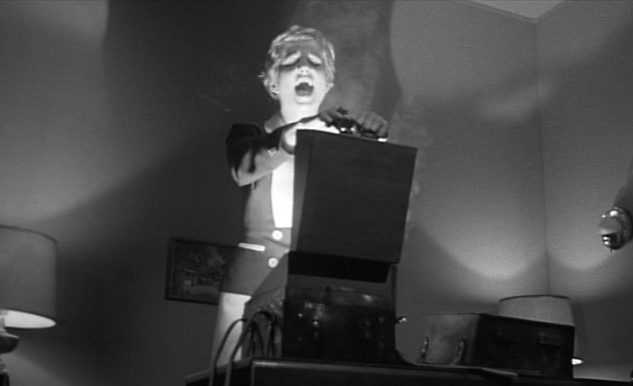In yesterday’s cryptic crossword in the Grauniad, the solution to 10 across was CRETINOUS, to 11 across NEUROTICS, and to 27 across COUNTRIES. This was an extraordinary coincidence, as earlier in the day I had been thinking, and thinking hard, about cretinous neurotics’ countries. I hasten to add that these thoughts were not in any way connected to the Olympic Games. No doubt each country has both the cretinous and the neurotic among its participants, but that is a matter for the sports writers, not for me.
Though sport is a field in which the cretinous neurotic can, and does, excel, in the countries I was thinking about their purview is much wider. These are the lands where cretinism and neurosis are extolled as the ne plus ultra, where the cretinous neurotic is not merely coddled and pampered but sits at the top table, is given the keys to the kingdom, rules the roost. Countries like Tantarabim and Gaar.
Gaar – sometimes spelled Ga’ar or G’aar – is fertile ground for neurotic cretins. Once upon a time this land of marshes, moors, and mountains was ruled by a Sheila Parslow-like figure, a “nymphomaniacal moron” in Josephine Tey’s memorable phrase for La Parslow given in Brat Farrar (1949). But a coup toppled the old regime, led by a particularly neurotic cretin, or an especially cretinous neurotic, according to which sources you trust. Certainly Fab Slobber, who pronounced himself King, was a proper caution. His brain was tiny and curdled and often overheated, and the list of his neuroses would fill several thick leather-bound ledgers. A debilitating fear of badgers was just one of his derangements. It was the presence of a badger motif on the national flag that precipitated the coup. Fab Slobber’s first act was to banish the nymphomaniacal moron. His second was to replace the flag with one showing a badger trampled underfoot by a neurotic cretin’s boot. Not long after, it was redesigned again, and this time the badger was entirely obliterated, leaving the boot stamping on nothing.
The court of King Fab became a playground for cretins and neurotics. Anyone with a jot of sense, or an untroubled cast of mind, swiftly fell from favour and went into exile. Yet Gaar thrived. Exports of pig iron went through the roof. Nobody who remained in the country knew what the hell it was, so when foreign prospectors flooded in and offered to dig it up and take it away, they were given the King’s blessing. Civil strife became a thing of the past, and the past itself was abolished, as if it had never been, save for those whose neurosis compelled them to live in it, proffering outdated coinage, wearing strange pointy hats, and babbling archaic argot. It was a happy land, perhaps the happiest that ever was. Cretins gambolled o’er the marshes and moors and mountains, neurotics gave unbridled vent to their neuroses, and the cretinous neurotics were happiest of all, if a neurotic can ever be truly happy.
Several academic studies have been carried out to determine how a country under the governance of a neurotic cretin could be so prosperous, so successful. No firm conclusions have yet been reached, though it is instructive to compare the example of Gaar with that of Tantarabim. In the latter case, there was no coup d’etat. There was no nymphomaniacal moron to be deposed. As far as anybody has been able to ascertain, Tantarabim has always been ruled by cretinous neurotics, in spite of the fact that the vast majority of its populace are neither cretinous nor neurotic. Indeed it has been estimated that, by any measure, the typical Tantarabimer has greater brain power and a more equable temperament than the average citizen of any other realm, on earth as it is in heaven. Yet year after year, when the time comes to call on the haruspex to slaughter a chicken and cast its hot steaming entrails upon the civic square, and to read therein the name of the Potentate who will rule, tyrannically, Tantarabim for the following twelvemonth, the name is invariably that of a neurotic cretin, one who until they rule is kept chained up in somebody’s cellar or attic, drooling, and batting flies away from their misshapen pointy head. It is a unique system of government, so rare it has never been given a name. Yet it works perfectly, so much so that Tantarabim exports even more pig iron than Gaar, if you can imagine so bewildering a statistic.
For the term of his or her rule, the Potentate’s word is law. It matters not if the word, mumbled from a mouthful of drool, is cretinous or neurotic. It is at once transcribed by the Potentate’s amanuensis, the frizzy-haired so-called “Winterson” of Tantarabim, and multiple copies made on an old and creaking Gestetner machine, and the copies ferried out across the country by eager sprinters, who post the word up on every available flat vertical surface, not excluding those that are crumbling or due for demolition. And woe betide the Tantarabimer who does not follow these cretinous and neurotic edicts! Woe betide them indeed! Woe, woe, and thrice woe! And yet further woe, yea, unto every generation!
Perhaps the secret of Tantarabim’s success is the guarantee, according to the constitution, that precisely a year to the day after the Potentate’s accession, they will be taken back to their cellar or attic and chained up again. They will be given a pewter pot in which to catch their drool. Flies will be reintroduced through ducts and vents, so they can be batted away, thus keeping the cretinous neurotic fully occupied. And outside, life will go on, under the iron rule of a brand new Potentate, whose decrees will bear no relation whatsoever to those of the last one, nor indeed to reality, as apprehended by the citizenry. Thus is the body politic ever renewed and refreshed, and the pig iron exports increased.
I am told there are yet other countries where cretinous neurotics hold sway. I must get down to some serious research, and discover where they are, and pay them a visit, armed with my notepad and a camera and a strange pointy hat.








